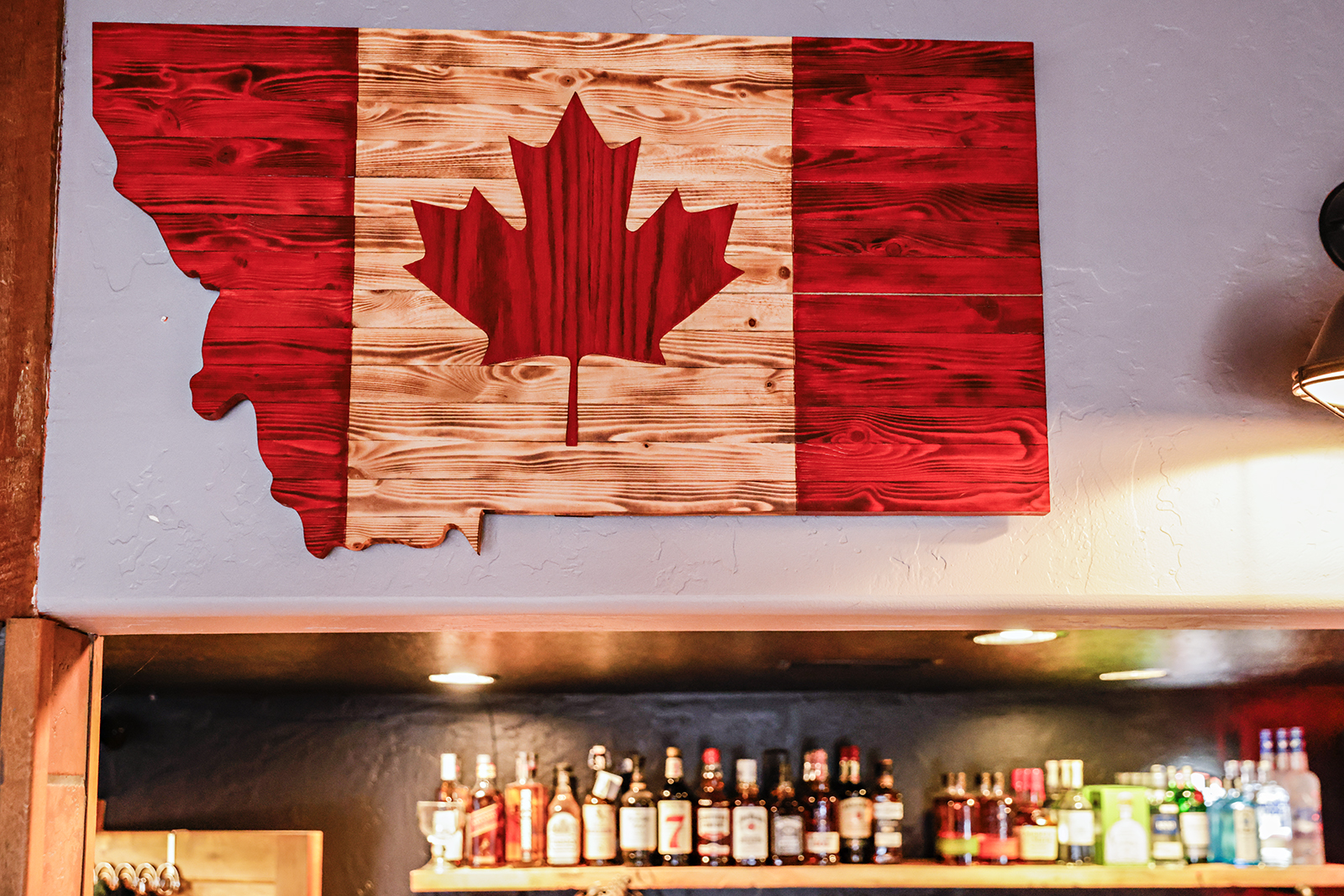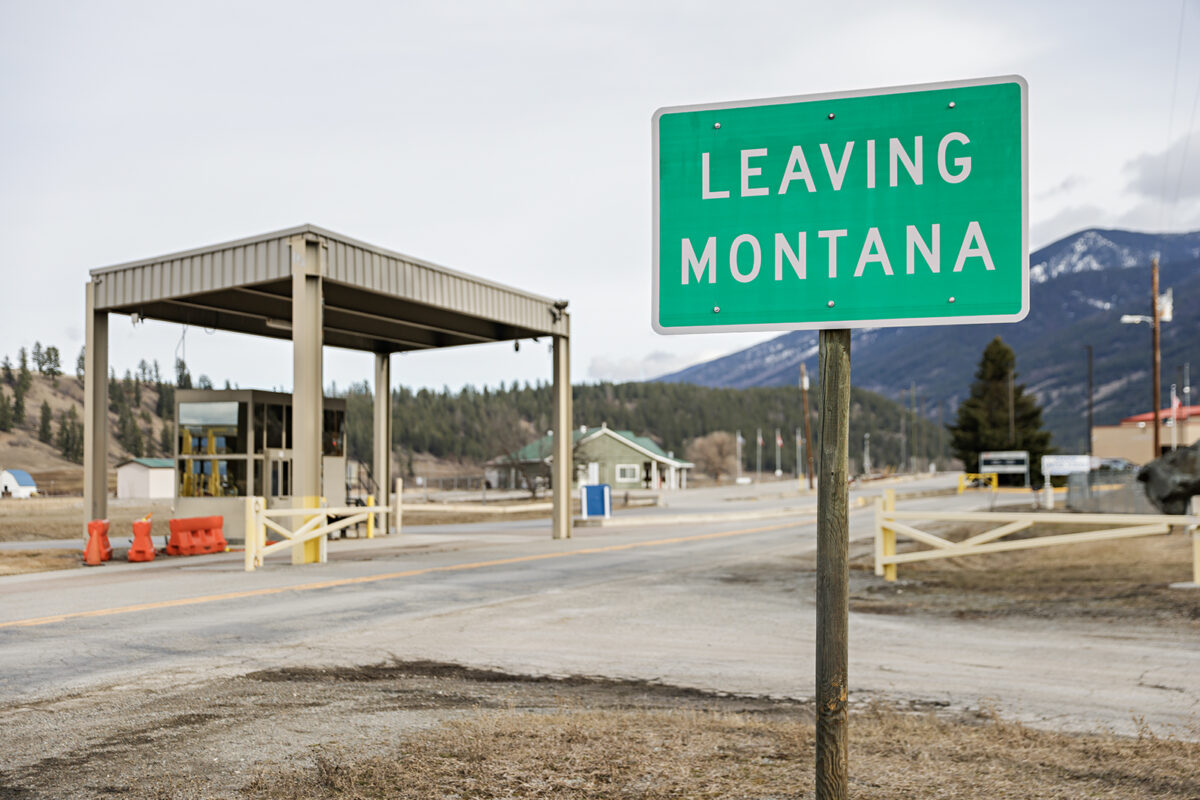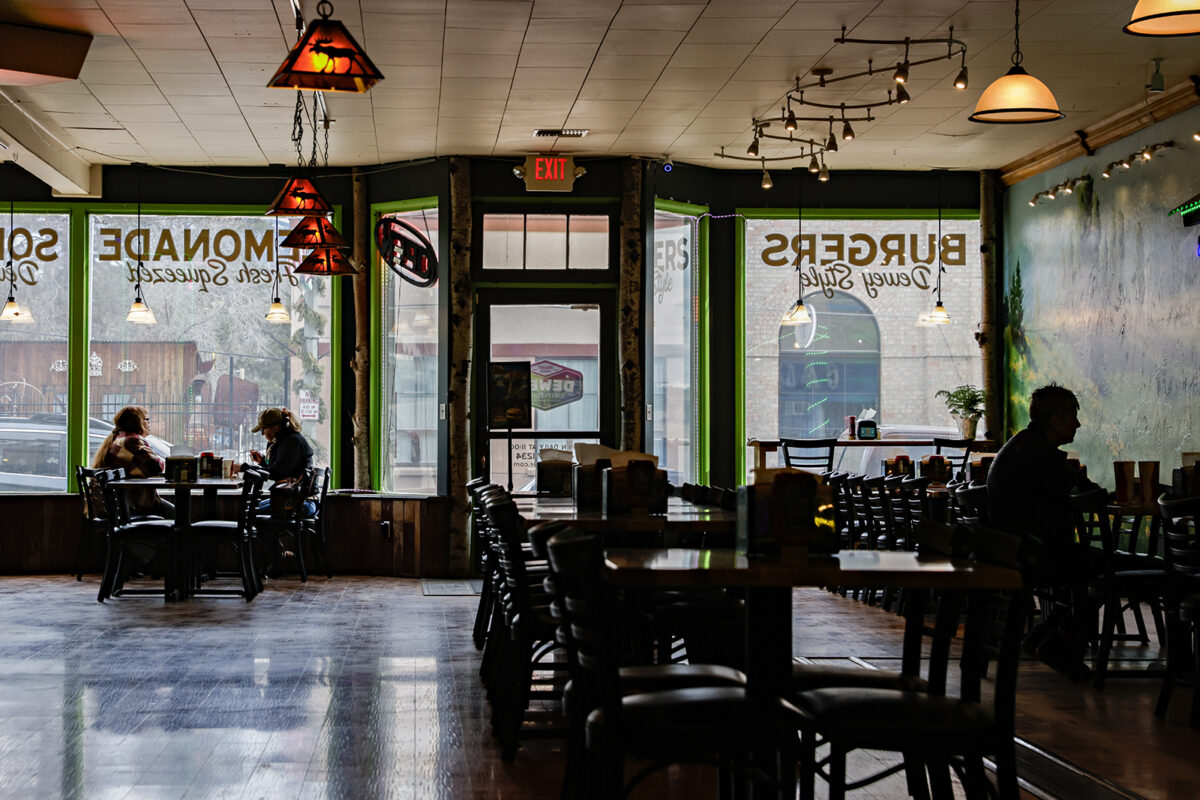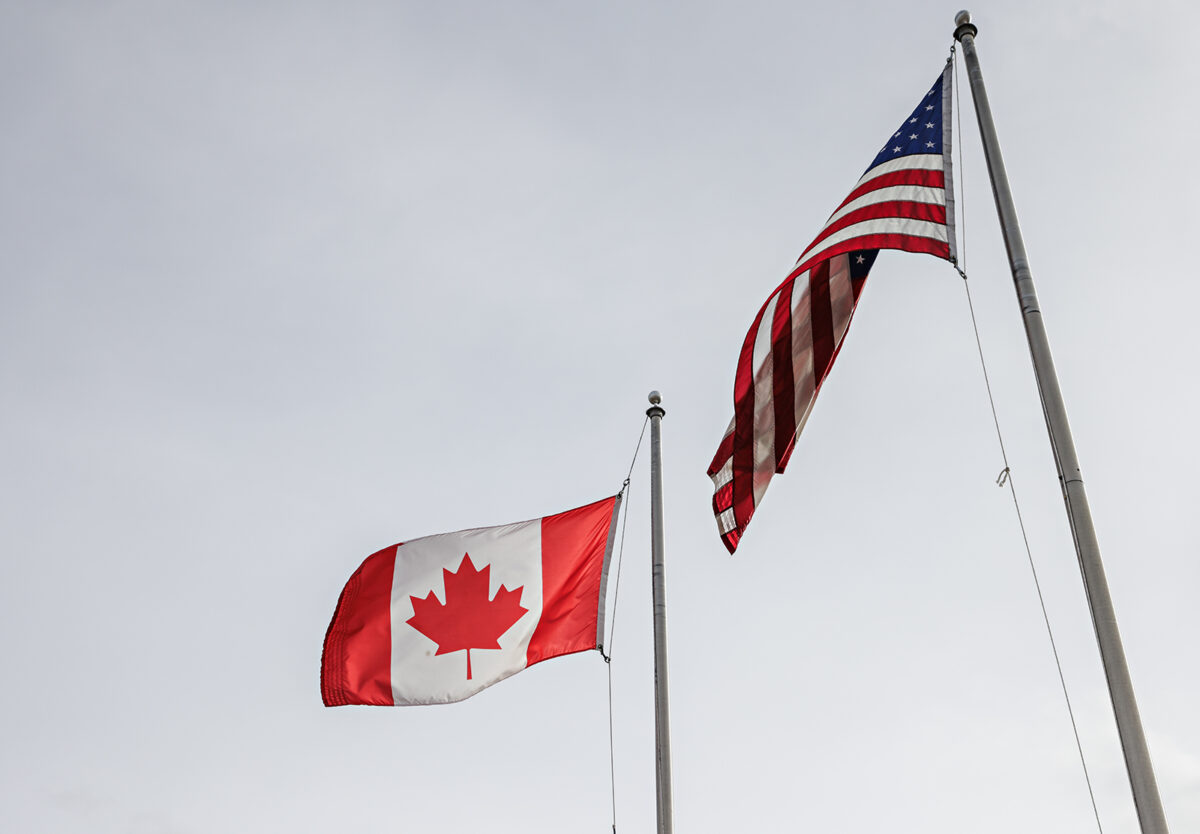Eureka Business Owners Remain Optimistic Despite U.S.-Canada Trade War Tension
As tariff-induced tensions escalate between the two countries, business owners in Eureka say they continue to see regular Canadian customers, attributing a drop in travel to the pandemic-era border closure and the weak dollar that has chilled Canadian spending in recent years
By Maggie Dresser
When the U.S.-Canada border closed to most travelers at the start of the pandemic in 2020, Eureka business owner Mike Volsky lost a large chunk of his customer base at Four Corners Casino and Grill. To supplement his income, he shifted to selling real estate, a market that heated up when a slew of Canadian property owners sold their northwest Montana homes.
With a population of roughly 1,500 residents, business owners in the town situated 9 miles south of the border located in Roosville have endured peaks and valleys over the past five years. After suffering lows during the pandemic when the border was closed followed by a post-Covid surge, Eureka residents are adaptable.
“During Covid, real estate was more active and restaurants were slow,” Volsky said. “Most of our inventory was Canadian and a lot of them sold their properties. That affects them coming down here.”
Volsky said even after the border reopened in early 2022, tourism never recovered to what it was after second homeowners sold their lots and the Canadian dollar grew weaker, dropping to a two-decade low of $1.44 by the end of 2024.
But when ongoing trade wars between the two countries triggered tension and the U.S. Travel Association warned of a potential drop in Canadian tourism demand in the states, with an estimated nationwide reduction of 10%, Eureka business owners remain unfazed.
“A lot of our Canadians are pretty committed to coming – some of them still have homes here,” Volsky said. “Most of the Canadians I know personally through the restaurant are still coming down.”
Volsky said the drop in Canadian tourism in recent years is likely related to the weak dollar combined with fewer homeowners and he doubts Eureka will be subject to much boycotting, despite the political controversy.
“We’ve been through a lot of years of the same kind of question marks,” Volsky said. “It feels like there are less Canadians here than there used to be pre-Covid, but we still see a line at the border.”
“Eureka stays alive,” he added.


The Trump Administration in January announced plans to impose 25% tariffs on Canada, which were planned to take effect on March 4. While the tariffs on most goods have been put on hold, steel and aluminum tariffs were imposed on March 12. In retaliation, Canada has imposed 25% tariffs on $30 billion worth of goods.
At Western Montana’s Glacier Country, a tourism bureau based in Missoula, President and CEO Racene Friede said while there is no data available yet to determine if trade war tension is contributing to a decline in tourism, she is monitoring traffic counts and visitor spending.
According to the University of Montana Institute for Tourism and Recreation Research, Canadian visitation accounts for $200 million and 4% of total visitor spending in Montana.
While Friede said there’s no direct evidence of lower tourism demand, she said the trade war-induced tensions have created frustration across all industries.
“We really don’t think of Canadians as international visitors – they are family,” Friede said. “They are our neighbors to the north.”
As Eureka’s service industry starts to emerge from the slow winter season, Front Porch Dewey Burger and Fish Co. owners Andi and Jim Monroe said they haven’t noticed a difference in business demand. After the last five years of up ands and downs, the Monroes are hopeful travel won’t be impacted, and they describe the border as a boundary where Canadians and Americans regularly come and go.
“We’ve learned not to expect anything,” Jim said.
At the Treasure Outpost Rock Shop in downtown Eureka, owner Win Parker said 2023 was slammed. But business slowed down last year, which she suspects is due to the weak Canadian dollar.
“It was so much slower,” Parker said. “I’m hoping it will be busy but with the Canadian dollar being so bad and the trade war, I really don’t know what to expect this summer.”
At Indian Springs Montana Golf Course, Operations Manager Brandon Baker said he’s seen a strong demand in Canadian memberships and bookings so far this year, with business continuing to grow after the post-pandemic surge. With Canadians accounting for 65% of green fee rounds and 25% of memberships, Baker said demand is high and he remains optimistic.
“Canadians are our family,” Baker said. “They’re what makes this valley breathe.”
